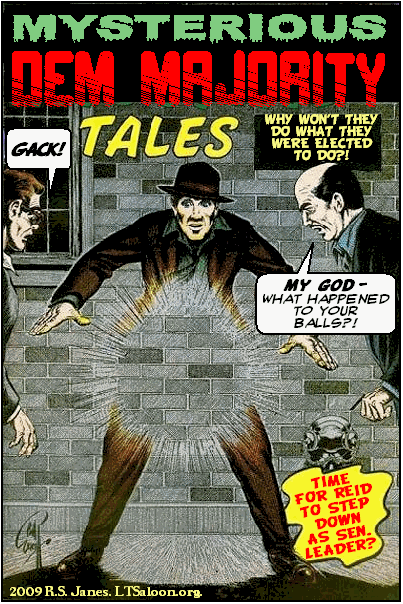@AntonOlsen recently posted an article on
GeekDad enumerating 100 Essential Skills for Geeks. As he was inspired to do so by a list of "Essential Skills for Men", so I am inspired to make this list of essential skills for Makers.
His list was a little long (100 items), terse (essentially one line per item, but with links), and
slightly biased (heavier on computers than I might have liked, but to be fair, that is the most common geek fetish). I'm going to go for a shorter list, with
slightly more verbose entries, and try to cast a wider net. If I get interest from this list, I'll follow up with an article on each point going into more detail.
1. Calculate power consumption and estimate battery life- Most electrical projects will involve batteries of some sort. Having an idea of how long your project will run on a battery can save you a lot of trouble later- that wireless garden soil moisture monitor is probably not going to run very long on a 9V battery. Maybe solar is a better idea?
2. Spot valuable salvage- Not only knowing where to get it, but knowing it when you see it. Finding it isn't too hard- curbs, alleys, and the classic dumpster dive. Deciding whether to keep it is the real trick: can it be broken down? Are there useful things inside (gears, motors, electronics, hardware, salvageable wood, springs, etc.)? Is trying to salvage parts of it a wise thing to do (upholstered items left outside are a great way to get bedbugs into your home)?
3. Spot eminently hackable, cheap Chinese crap- The glut of crap from China occasionally brings some real gems with it. Woot.com recently sold some rotating LED-based "police lights" for $3, which connect to USB and can be turned on and off by pressing a key on the keyboard.
4. Find "prior art"- In the patent world, "prior art" is anything which suggests that the idea you are trying to patent (or have patented) was developed or described by someone else first. The existence of prior art can break a patent. In the Maker world, prior art is a springboard. Someone, somewhere on the internet did (or tried to do) what you are trying to do. They may even be selling bits of the project which may make showstopping technical challenges mere speedbumps.
5. Stitch a simple and serviceable seam- We're not talking about making your daughter's prom dress, here- just being able to neatly and durably reclose the seam on the Furby you just hacked into reciting the Vincent Price speech from "Thriller".
6. Understand the voltage/current ratings on a power supply- If a battery won't cut it, you should understand at least the rudiments of power supplies: how to get a cheap wall-wart AC adapter, what voltage you can use, and why it's okay to use a 500mA supply to replace a 250mA supply.
7. Know which glue to use, when- Elmer's white, spray mount, Uhu glue sticks, JB Weld, cyanoacrylate, and two-part epoxy all have their uses.
8. Know which tape to use, when- Duct, masking, Scotch, foam-two-sided, and (occasionally) electrical tape all have their uses.
9. Deal with recalcitrant fasteners- Sooner or later, you'll want to remove a screw or bolt that is stripped, broken, or uses a security bit. Owning a wide variety of driver bits is a start, but knowing how to drill out a fastener or cut a notch for a flat-edge screwdriver should be somewhere in your bag of tricks.
10. Use a Dremel- 'nuff said.



 To my shame, I started my interview with Congressman Barney Frank about the legalization of marijuana by apologizing to my subject. "I know you guys have a lot on your plate these days, so I'm sorry to be calling you about something kind of trivial..."
To my shame, I started my interview with Congressman Barney Frank about the legalization of marijuana by apologizing to my subject. "I know you guys have a lot on your plate these days, so I'm sorry to be calling you about something kind of trivial..." 

 Dick Peixoto planted hedges of fennel and flowering cilantro around his organic vegetable fields in the Pajaro Valley near Watsonville to harbor beneficial insects, an alternative to pesticides.
Dick Peixoto planted hedges of fennel and flowering cilantro around his organic vegetable fields in the Pajaro Valley near Watsonville to harbor beneficial insects, an alternative to pesticides.




 What is up with the banks and the rest of the financial industry? The people running this system remind me of gangsters who manage to walk out of the courthouse with a suspended sentence and can't wait to get back to their nefarious activities.
What is up with the banks and the rest of the financial industry? The people running this system remind me of gangsters who manage to walk out of the courthouse with a suspended sentence and can't wait to get back to their nefarious activities.


